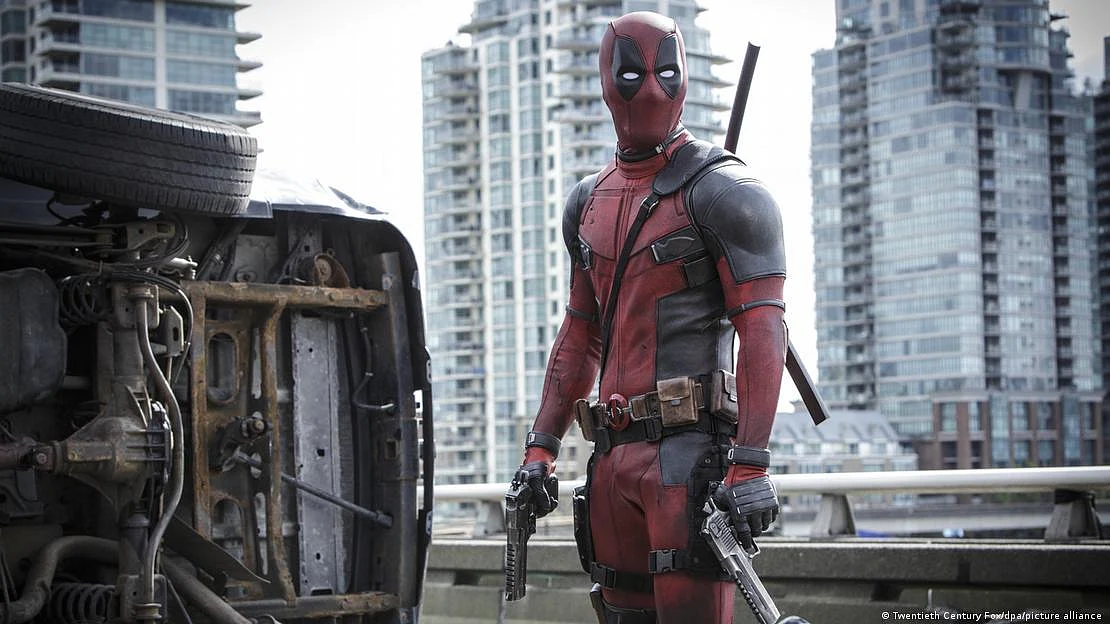Hollywood strikes: Which productions are affected?
The US union representing more than 150,000 screen actors has announced it will be joining screenwriters in their ongoing strike

The Screen Actors Guild-American Federation of Television and Radio Artists (SAG-AFTRA), the union representing around 160,000 film and television actors and media personalities in Hollywood and worldwide, has announced that it is formally joining the Writers Guild of America on the picket lines as of Thursday at midnight.
The Hollywood writers have been on strike since early May.
The historic double-strike is bringing the US TV and movie industry to a halt. The last time the two unions were on strike simultaneously was in 1960, when actor — and later US president — Ronald Reagan led the protests.
The unions' demands include establishing a system of residual payments from streaming platforms, as well as protections against the use of content generated by artificial intelligence.
Also Read: Hollywood actors' union announces strike
How the strike impacts film and TV fans
TV shows that have already been affected by the writers' strike include "Andor," "Stranger Things," "The Last of Us," "Yellowjackets," "The Handmaid's Tale," "Blade Runner 2099" and "The Mandalorian," as well late-night shows such as "Saturday Night Live" and "The Tonight Show Starring Jimmy Fallon."
Film and TV projects that have already completed their shooting and are now in post-production are not directly affected, but other different productions have already postponed their release dates, including the sequel to "Spider-Man: No Way Home" and Disney's "Blade" remake, whose scripts were not completed before the writers' strike.
The Marvel film "Captain America: Brave New World" reportedly wrapped its shoot briefly before the actors' strike started — though reshoots are often part of the production process in such films, which is why the release date has already been pushed back.
Other productions of highly anticipated movies that had to pause due to the strike include Tim Burton's "Beetlejuice 2," Marvel Studios' "Deadpool 3," Ridley Scott's "Gladiator 2," the martial arts sequel "Mortal Kombat 2," the Tom Cruise action movie "Mission: Impossible Dead Reckoning Part 2" and "Paddington in Peru," the third film in the beloved Paddington Bear franchise.
Many more works are affected by the walkout, including international film and television productions with US stars.

No more appearances on the red carpet
According to strike rules, actors must not only stop all production work, from auditions to shooting, but are also barred from promoting their work on podcasts or at premieres.
The "Oppenheimer" cast prematurely left the London premiere of the film on Thursday, a few hours before the actors' strike officially started.
Next week's other big release, "Barbie," held its UK premiere on Wednesday, where lead star Margot Robbie said on the red carpet that she was "absolutely" in support of the strike.
The ban on promotion will also impact San Diego's Comic-Con, and the red carpets at upcoming film festivals in Venice and Toronto will lack the glitz of Hollywood stars.
The Emmy Awards, which have announced their nominations on Thursday, are considering postponing their September 18 ceremony.
How long will the strike last?
No one knows how long it will take for the actors' and screenwriters' unions to strike a deal with the Alliance of Motion Picture and Television Producers, the trade association representing Hollywood studios and streaming platforms in collective bargaining negotiations with entertainment industry trade unions.
A previous 2007 writers' strike went on for 100 days, right into 2008. The screenwriters' guild longest strike, in 1988, lasted 153 days.
The last time the actors' union staged a major walkout was in 1980, and it lasted more than three months.
Follow us on: Facebook, Twitter, Google News, Instagram
Join our official telegram channel (@nationalherald) and stay updated with the latest headlines